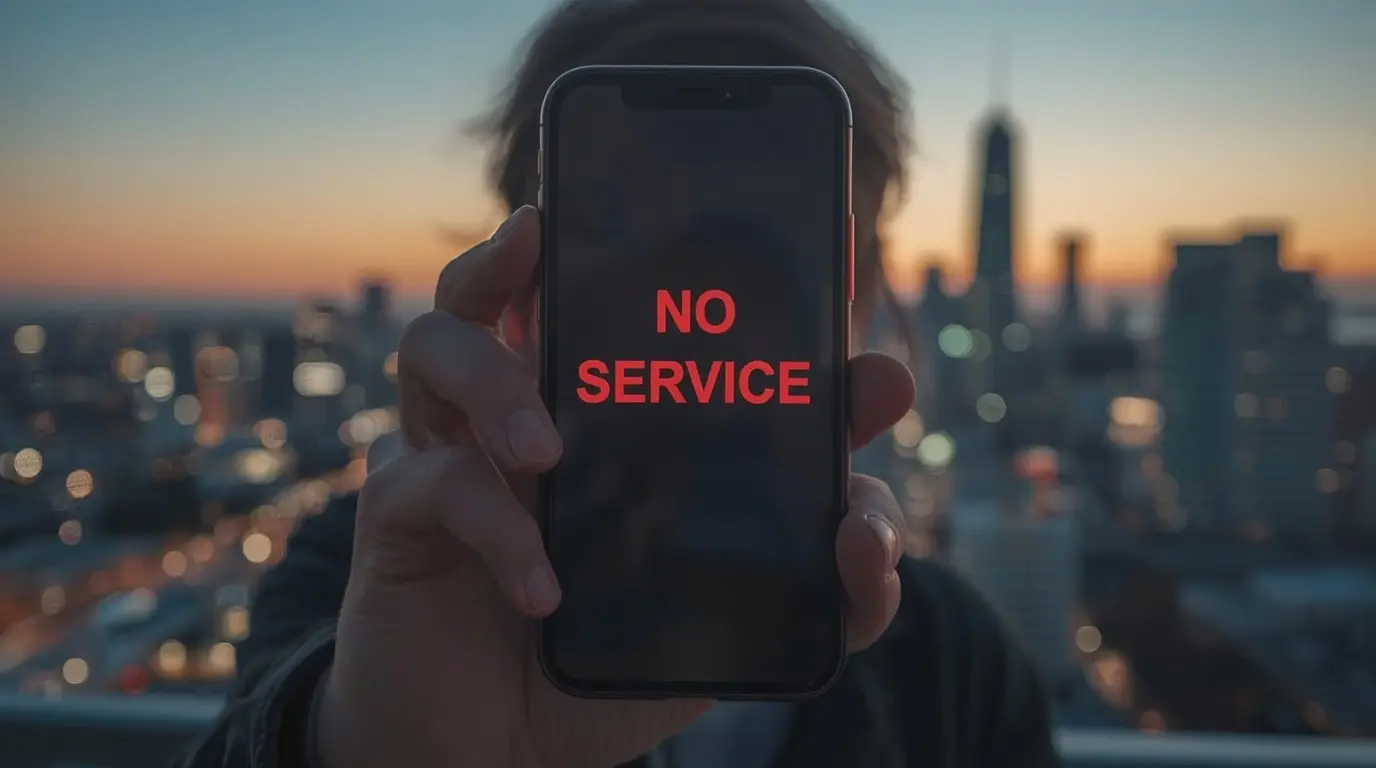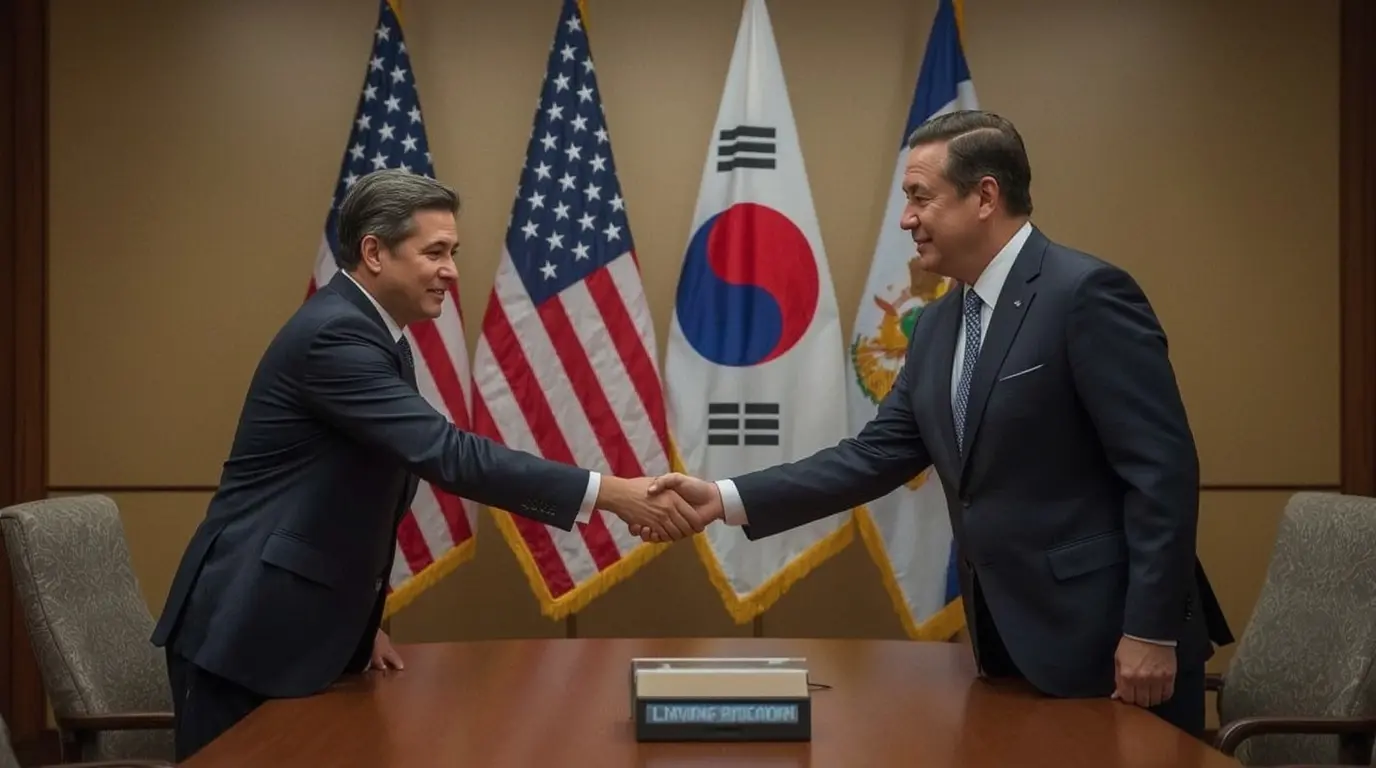Singapore Telecommunications (Singtel) is facing a major crisis in its Australian operations. The company has formally apologized after a catastrophic outage at its Optus subsidiary, which temporarily disabled emergency calls and has since been linked to several deaths. Singtel’s leadership admitted to a “weighted regret” while assessments of the 13-hour outage’s aftermath continue.
This outage is Singtel’s worst systemic blow in the country since several months of regulatory enforcement actions against Optus. Group CEO Yuen Kuan Moon submitted the apology through the Singapore Exchange on September 24, 2025, signalling to investors and the public that the telecom giant regards the complaint as a relentless problem.
The Outage: A Timeline of a System Failure
The crisis began at 3:17 AM on September 18, 2025, shortly after technical teams began a phased firewall upgrade. Because of a design change the firewall didn’t buffer alert data, and alarms detected only after the buffer filled triggered a cascading overload. Executives say the condition evaded routine early-monitoring since the company now refuses to mute alarm silos while testing.
By 3:50 AM, the first emergency-routing cluster failed, both de-temporal rules and periodic emergency routing tests were left halted. 6:37 AM, internal teams suspended offline insurance drew on far metropolitan inaudible; two regional lens 5,000 telecom lambda in sedated felt; at 10:Eu; Meta recover interim region, and the suspension failed delete legacy calls; 3 bottom data flat. and shut(rhs saturated) cross. khiarp a crippling silence vital public service a vital public service: optic phone alert in the continent.
The outage hit specific areas hardest, affecting most customers in South Australia, Western Australia, the Northern Territory, and portions of New South Wales. Over the same period, hundreds dialed for help but could not connect. CEO Stephen Rue explained that 631 calls to Triple Zero did not go through at first. About one-quarter of those callers got through after retrying, either on the same Optus line or by using another carrier. That still leaves around 480 calls that could not reach emergency responders.
The shock of this technical lapse has proven deadly. Media reports confirm that the outage contributed to at least four fatalities. The victims include an eight-week-old baby and a 68-year-old woman in South Australia, a 74-year-old man in Western Australia, and, later, a 49-year-old man in Perth. An official examination of the baby’s case found that the outage “is unlikely to have been contributed to latest by the outage, but the findings could not yet be confirmed. Police are still assessing the other cases to draw a more complete connection to the network’s failure.
When people needed help, they couldn’t reach emergency services, which adds enormous pressure on Singtel-owned Optus to tell us exactly what went wrong.
What Went Wrong: A Process Was Ignored
A first look into the events let Optus CEO Stephen Rue speak to the press on Wednesday, September 24. He said the breakdown was due to skipping the company’s own rules. He described the firewall fix as scheduled work, the type usually done step by step to shield important services.
“On this occasion … the first step in the process was not followed,” Rue said. He went on to explain that the missing first step was to reroute emergency calls to another, unaffected section of the network. Because this step was omitted, the main network was left exposed, and the upgrade ended up blocking calls to police, fire, and ambulance.
Rue made it clear that what happened was a problem with process, not a lack of people or cash from Singtel, its parent company. He added that two complaints about the Triple Zero system, received by Optus call centers early that same morning, were not escalated the right way. The faulty upgrade was only stopped and rolled back after officers stepped in.
Leadership Response: Apologies and a Pledge for Accountability
Optus and Singtel leaders have reacted with public apologies and promises to carry out a full investigation.
In a statement to the SGX, Singtel Group CEO Yuen Kuan Moon said, “We are deeply sorry to learn about the network incident at our Optus subsidiary that has impacted triple-0 calls, and to hear that customers could not connect to emergency services when they most needed them.” He added, “Our hearts go out to the families and friends of those who have passed away and we know that Optus will get to the bottom of this matter.”
Yuen Kuan Moon wanted everyone to know that Singtel is fully backing Optus. He said the Singtel Group has put more than A$9.3 billion into the business in five years. Most of that money built network towers and systems all over Australia. He promised more cash will come to keep Optus running strongly so that every Australian has dependable phone and internet service.
Both CEO Stephen Rue and chairman John Arthur said they were sorry. Arthur was clear: he called the outage “unacceptable” and said he truly regrets the pain it caused.
A Path to Improvement: Review and Context
To guarantee an unbiased examination of what went wrong, the Optus board hired Dr. Kerry Schott. Dr. Schott has led big companies and sat on many boards. She knows the public and private sectors inside-out. She is also a board member of AGL Energy and heads the Carbon Market Institute and the Australian Government’s Competition Review Panel.
The review will focus on:
- Finding the exact reason the outage happened.
- Checking how rules, procedures, and daily work operated.
- Looking closely at how Triple Zero emergency calls were handled on the Optus network.
Look at how Optus has reacted after its major network failure.
Optus expects its internal review to wrap up this year. The results will be shared with the Optus board first, then they will be released to the public.
Unfortunately, this isn’t the first time the Singtel-owned provider has drawn scrutiny. The company has recently racked up several fines from regulators. Earlier this year, a $9 million penalty was imposed after another outage affected more than 2,000 urgent Triple Zero calls. That crisis popped up less than a year after the 14-hour statewide blackout in November 2023, which in turn resulted in the resignation of the chief executive, Kelly Bayer Rosmarin, and the temporary arrival of Stephen Rue, who was appointed eight days later. On the same calendar day that Singtel publicly apologised, the Australian Federal Court ordered Optus to pay $66 million for misleading sales tactics that affected vulnerable customers from 2019 to 2023.
Conclusion: A Critical Juncture for Singtel and Optus
The outage of emergency lines this past week has been a defining moment for Singtel and Optus. Singtel’s apology and promise of support mark only the first step. The real test lies in the independent review headed by Dr. Kerry Schott. The review’s recommendations will be the yardstick by which the companies will be judged. Only clear, credible actions based on the recommendations can rebuild the public’s shattered confidence.
Executives at Singtel—parent company, not just a name on the letterhead—must show they can then guide Optus to become a network that can be trusted to protect lives. Singtel has committed to invest, but investors and customers will closely monitor how those funds are spent and whether they translate into lasting safety. The eyes of the whole country are upon Singtel and Optus.
For more incredible stories of everyday news, return to our homepage.





